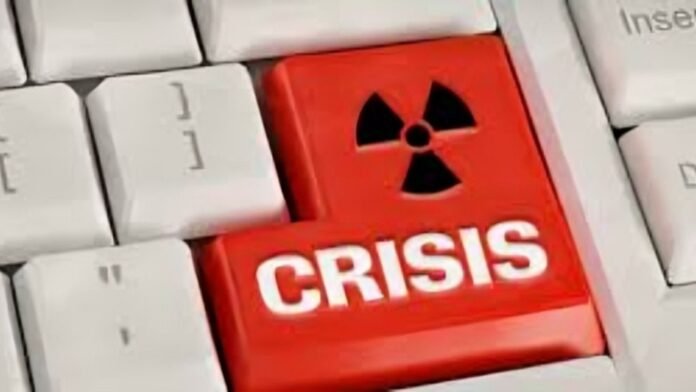Justice Mansoor Ali Shah, the senior Supreme Court judge, emphasized the importance of implementing Supreme Court decisions, highlighting the tension between the judiciary’s firm stance and other governmental branches. This insistence carries significant implications for Pakistan’s legal and political landscape, highlighting the gravity of the situation.
Legal and Legislative Tensions
On the other hand, Parliament has asserted its legislative authority through laws concerning reserved seats, creating a mental impasse with the judiciary. This has led to uncertainty among analysts about whether the current legislative measures will ensure the execution of court decisions as required by law, adding a layer of uncertainty and unpredictability to the situation.
The continuing psychological tension indicates that solving these problems will be difficult. If the judiciary insists on hearing the review petition, doubt arises whether the government or institutions will comply. The government’s reaction to the reserved seats ruling appears influenced by the dissenting opinions of two judges. They criticized giving positions to a party, not in assembly, and suggested action under Article 63-A against those who changed their affiliations.
Government and Allies’ Response
The government’s allies have openly expressed dissatisfaction with what some judgeships perceive as interference in parliamentary affairs. Pakistan Peoples Party Chairman Bilawal Bhutto Zardari, in his National Assembly speech, emphasized that much had been done for democracy. Still, now someone else wanted to take credit as well. This demonstrates how the relationship between different branches of government can intensify. Leading the judiciary to become sensitive about its role while actively resisting outside pressures.
Chief Justice Qazi Faez Isa strongly criticized generals and bureaucrats during the Margalla National Park case, demonstrating his refusal to be influenced by external forces.
Future Outlook & Possible Crisis
Whether Parliament and other institutions accept what role they should play. Leave uncontrolled friction intensifies into a full-blown crisis; nobody knows yet. According to experts, the coming days are crucial because they may determine the direction from here onwards. Infighting among state organs can undermine democratic consolidation within Pakistan. Leading to a situation where democratic and political stability are at stake.
The status quo demonstrates deepening cleavages between the judiciary and Parliament regarding legislative versus judicial authority. Justice Manzoor Ali Shah insists that court decisions must be enforced, directly challenging Parliament’s claim of legislative supremacy. As events unfold, how both arms of government respond will shape the future landscape for politics and institutions in Pakistan.


